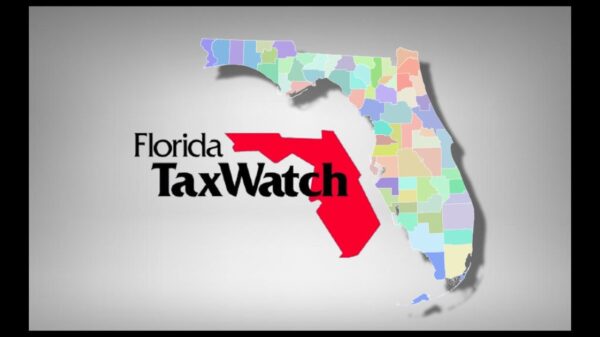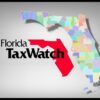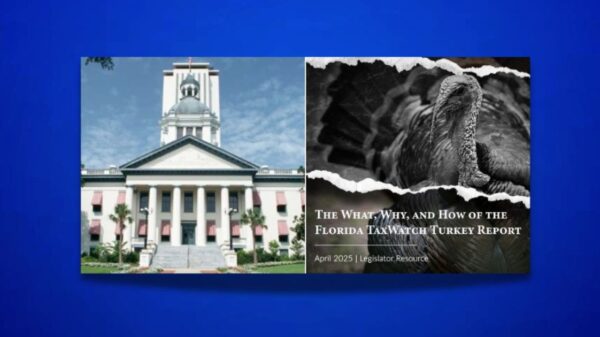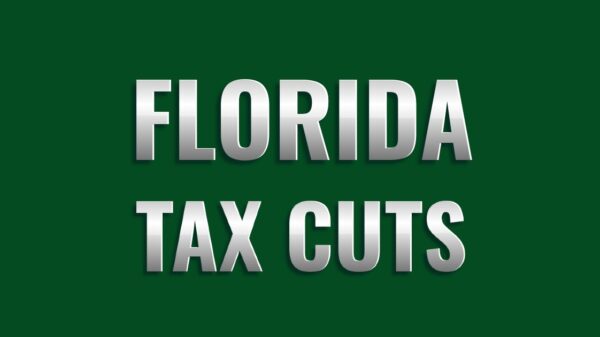Last week, Florida TaxWatch (FTW) released “Addressing the Medicaid Funding Gap Through a Directed Payment Program (DPP),” a report which evaluates the impact of COVID-19 on Florida’s Medicaid program and explores the use of Medicaid DPP as an option to minimize the gap between a hospital’s cost of care for Medicaid patients and the reimbursement the hospital actually receives.
Florida TaxWatch President and CEO Dominic Calabro weighed in on the report on Thursday.
“Despite Florida’s strong economic recovery, hospitals struggle to serve the 4.6 million individuals across the state who rely on Medicaid for their health care, which is a total that has steadily increased from 3.8 million since the onset of the pandemic in March 2020. Currently, Florida’s hospitals receive about 66 cents on the dollar for the care they provide to Medicaid beneficiaries. Further budget reductions to an already stressed system would likely adversely impact access to care and restrict services for our most vulnerable,” Calabro said.
“Medicaid DPP is one of the few options available to help offset the exorbitant cost of caring for so many of our most vulnerable family, friends, and neighbors. The program permits local governments to establish a special assessment that is charged solely to hospitals and not to the taxpayers. Florida TaxWatch is proud to present these conclusions and many other findings in our report, and we look forward to continuing this important conversation with policymakers in the future,” he added.
As explained in the report, states rely on a combination of general revenue, state and local taxes, and other funding sources to draw down a federal Medicaid match. During FY 2020-21, Florida’s appropriated budget for Medicaid was $29.7 billion. By FY 2021-22, Medicaid expenditures are expected to increase to $32.6 billion, with the state’s share of costs increasing by nearly $2 billion and the federal share decreasing by about $1 billion
Medicaid DPP must be approved by the federal Centers for Medicare & Medicaid Services (CMS) and also authorized by the Florida Legislature annually, which is recommended by FTW in this report.




















